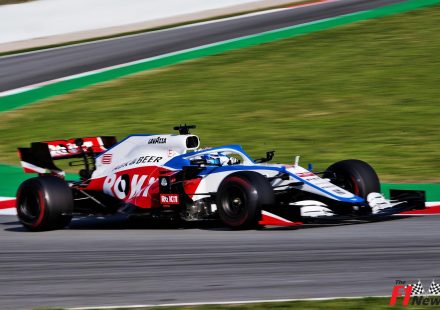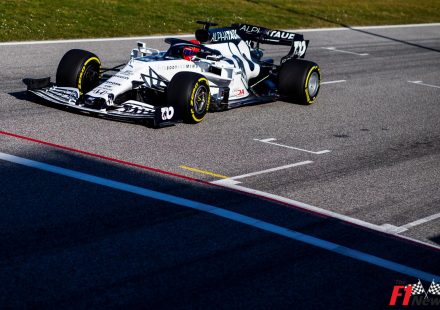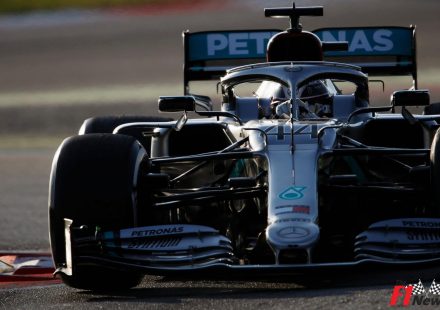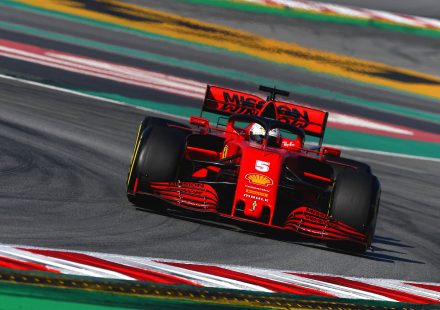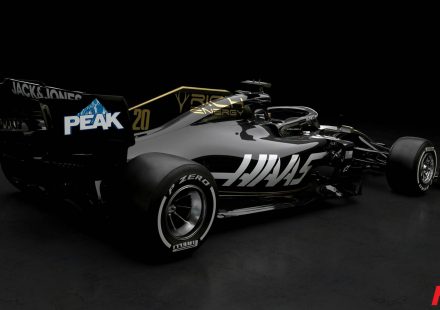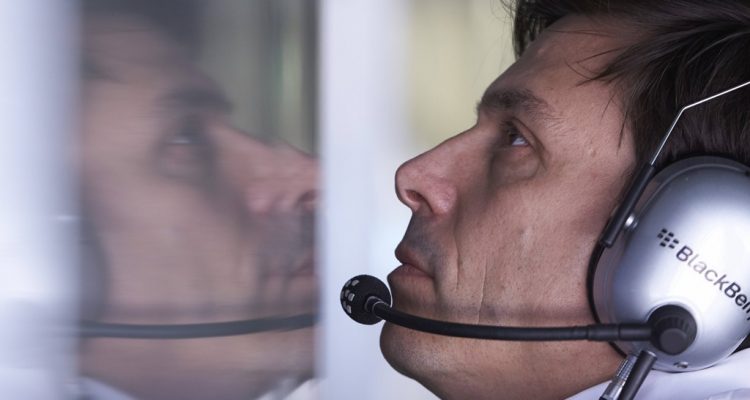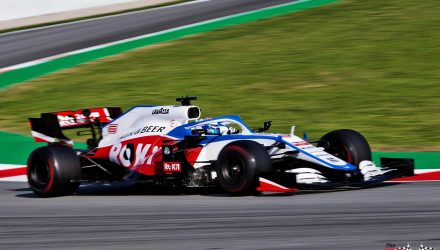Mercedes is unlikely to back down amid pressure from F1 rivals to agree to relax the current engine ‘freeze’.
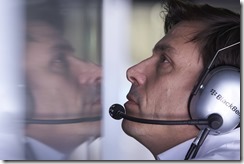 Christian Horner, boss of the works Renault-powered team Red Bull, said earlier in Russia that Mercedes initially agreed to the proposed ‘unfreeze’ but then went back on its word. “In Singapore the teams unanimously agreed on a position and then, I think, subsequently from that meeting, Mercedes changed their position,” Horner said. After that, the majority of those in the F1 strategy group voted for the ‘unfreeze’ and so it will now be sent to the F1 Commission for ratification. But without dominant Mercedes and the marque’s customer-powered teams also on board, the changes will not be allowed in 2015.
Christian Horner, boss of the works Renault-powered team Red Bull, said earlier in Russia that Mercedes initially agreed to the proposed ‘unfreeze’ but then went back on its word. “In Singapore the teams unanimously agreed on a position and then, I think, subsequently from that meeting, Mercedes changed their position,” Horner said. After that, the majority of those in the F1 strategy group voted for the ‘unfreeze’ and so it will now be sent to the F1 Commission for ratification. But without dominant Mercedes and the marque’s customer-powered teams also on board, the changes will not be allowed in 2015.
Toto Wolff, Mercedes’ motor sport boss, said in Russia on Saturday: “We have already stated our position at the meeting of the strategy group, and in the coming months our position will not change.” The Austrian said Mercedes’ position is not because the team is so dominant at the start of the new turbo V6 era, but because “formula one needs stability”. “It would be very easy to just block everything from our position of strength, but we have a different approach,” Wolff insisted. “There are rules, there are procedures so that we do not make hasty decisions that may lead to destabilisation. “I am deeply convinced that you cannot change the rules in October just because they do not suit you,” he added.
Wolff argues that allowing in-season engine development will drive up costs, perhaps even most of all for Mercedes. He hit back at Ferrari’s claim that allowing the ‘unfreeze’ will not cost any more. “If you make a new version of the engine by the end of June or the beginning of July, then the process of development happens twice per year, not once. “I don’t know how Ferrari has done their calculations, but perhaps we should give them a calculator. It is impossible that it does not cost more,” said Wolff. “We (Mercedes) supply engines to three customers as well as our own team,” he also explained. “We need to produce and supply all of them with the same power unit. “It is a different situation to Honda, who have only one team, or Ferrari with two, though it is unclear what will happen next year,” Wolff said. “We are also in a different situation to Renault. “This subject will be conducted at the level of the F1 Commission and I think it is quite understandable that there is no consensus just three months before the start of the new season,” he insisted.

